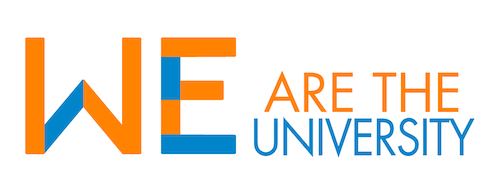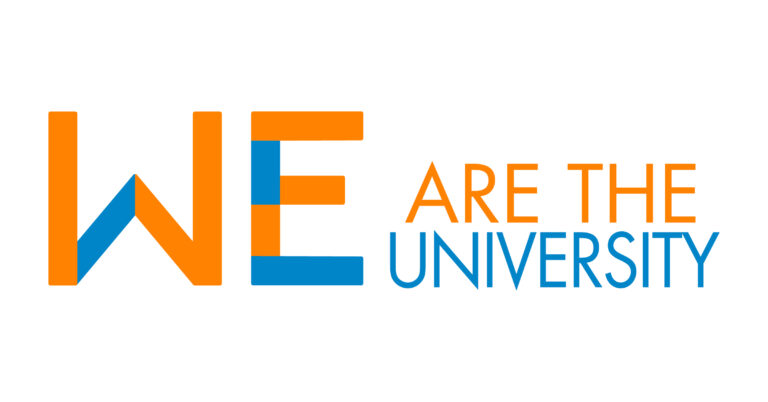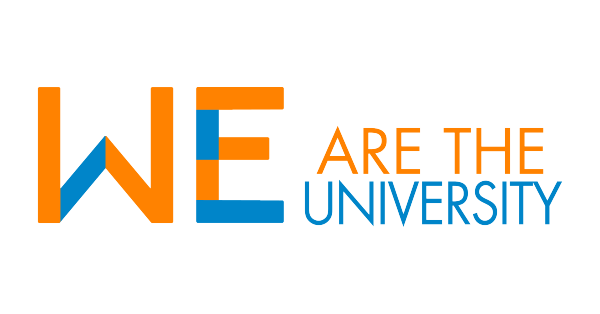Russia’s invasion of Ukraine affects us all. In line with other EU member states, Finland is suspending its higher education and research cooperation with Russia. The action is aimed at supporting Ukraine, not against Russian students or researchers.
A group of Russian researchers working in Finland is demanding an end to military operations in Ukraine. The universities are cooperating with the Ministry of Education and Culture to prepare measures to support Ukrainian students, third-level staff and researchers, as well as provide war refugees study and employment opportunities in Finland.
University employees have been overstretching themselves throughout the pandemic. As the rectors of the universities write, teachers have borne the burden of adapting remote working tools and new pedagogical solutions, and for two spring semesters in a row the universities have organized entrance examinations under extensive special circumstances.
In the present university collective bargaining negotiations, we are negotiating on university employees’ working conditions and pay rises. We want the universities to be competitive, attractive workplaces that promote a positive type of working life.
Teaching and research staff deserve more time for research and art. Seventy per cent of teaching and research staff are still on fixed-term contracts, and the methods to fix this situation must be found at the negotiating table.
In particular, the ground rules on remote and multi-locational work for other professional staff need to be clarified. Shop stewards are crucial actors in staff issues and they need better working conditions and access to information.
I’ve negotiated universities’ collective agreements from the start of my career, and almost every time proposals to weaken contractual terms have been targeted at the total working time of teaching and research staff.
On about one in two negotiation rounds the employer side has proposed changes to the compensation paid during sick leave.
Pay rises are generally negotiated at a stage when some level of mutual understanding has been reached on other terms of employment. The employees’ unions aim for a pay solution that boosts purchasing power.
According to recent forecasts by the Bank of Finland, economic growth will slow to 0.5–2% this year, with inflation, on the other hand, accelerating to 4–5%.
JUKO, which represents Akava union members employed in the public sector at the collective bargaining table, has traditionally sought pay rises across the board in percentage terms to allow us to secure balanced salary growth for all staff groups. We do this because we are the university.
The JUKO and member unions’ websites are good sources for following the university negotiations, as are social media channels. The For Your Benefit site offers you further information about the universities’ collective agreement and its significance for university employees.
Tarja Niemelä
The author chairs the JUKO university advisory board and is executive director of the Finnish Union of University Professors.



